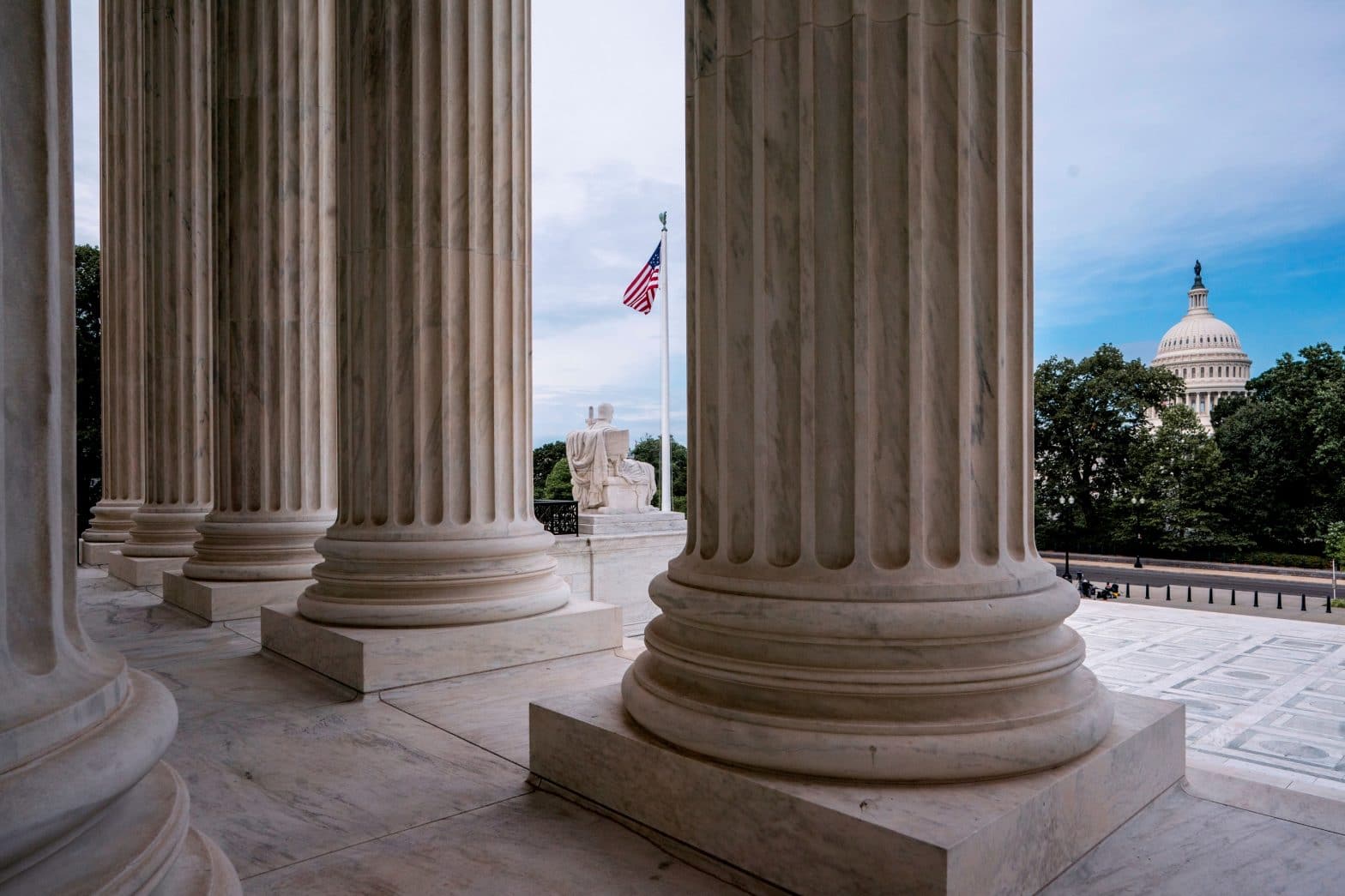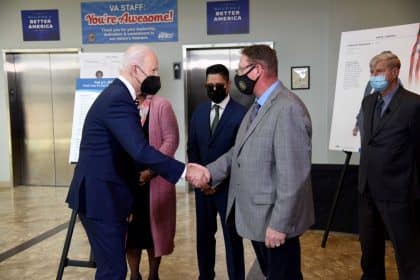Supreme Court Considers Exception to Veteran Disability Deadlines

WASHINGTON — The Supreme Court heard oral arguments on Tuesday in the case of a Navy veteran seeking an exception to the Department of Veterans Affairs post-service claims filing deadline.
Adolfo Arellano served in the Navy from 1971 to 1981, spending much of that time aboard the aircraft carrier USS Midway.
In July 1980, Arellano was aboard the Midway when it collided with a cargo ship, The Cactus, in the Persian Gulf.
According to court documents, the seaman was almost crushed and swept overboard, while several of his shipmates were killed or injured. He now suffers from schizoaffective disorder and bipolar disorder with post-traumatic stress disorder.
As a result of the incident, the Department of Veterans Affairs deemed Arellano 100% disabled as of 1980.
Service-disabled veterans currently have one year from the date of their discharge to file an application for disability benefits retroactive to the date of discharge.
If the veteran misses the deadline, he or she loses the retroactive disability compensation.
Such was the case of Arellano, who applied for VA benefits in June 2011 with the assistance of a brother and was awarded disability compensation to the date of the filing, but no earlier.
In his petition to the court for consideration of his case, Arellano argued that his service-connected disability precluded him from understanding he was eligible for benefits in the year immediately following his discharge.
He’s asking for the post-discharge claim deadline to be waived due to extenuating circumstances. The legal concept at the heart of the case is “equitable tolling,” which allows individuals, under certain circumstances, to pursue claims regardless of whether a deadline was missed or not.
If Arellano is successful, the outcome of the case could affect a currently unknown population of similarly situated veterans.
The Court of Appeals for Veterans Claims denied Arellano’s claim. On appeal, the U.S. Court of Appeals for the Federal Circuit then split its decision on the case 6-6, with half the judges saying the equitable tolling policy couldn’t be changed, and the other half saying it should apply.
During arguments Tuesday, Arellano’s attorney, James Barney, told the justices he expected the waiver, if granted, would be used sparingly.
Barney continued, “for veterans who truly deserve consideration … it ought to be available.”
Attorneys for the government argued that equitable tolling doesn’t apply in the case, since the one-year post-discharge period is not a statute of limitations but merely a guideline for receiving immediate disability compensation.
By law, veterans can apply for disability compensation at any time in their lives, regardless of the timeframe.
The justices will hand down their opinion in the case by June.
Dan can be reached at [email protected] and at https://twitter.com/DanMcCue.
























